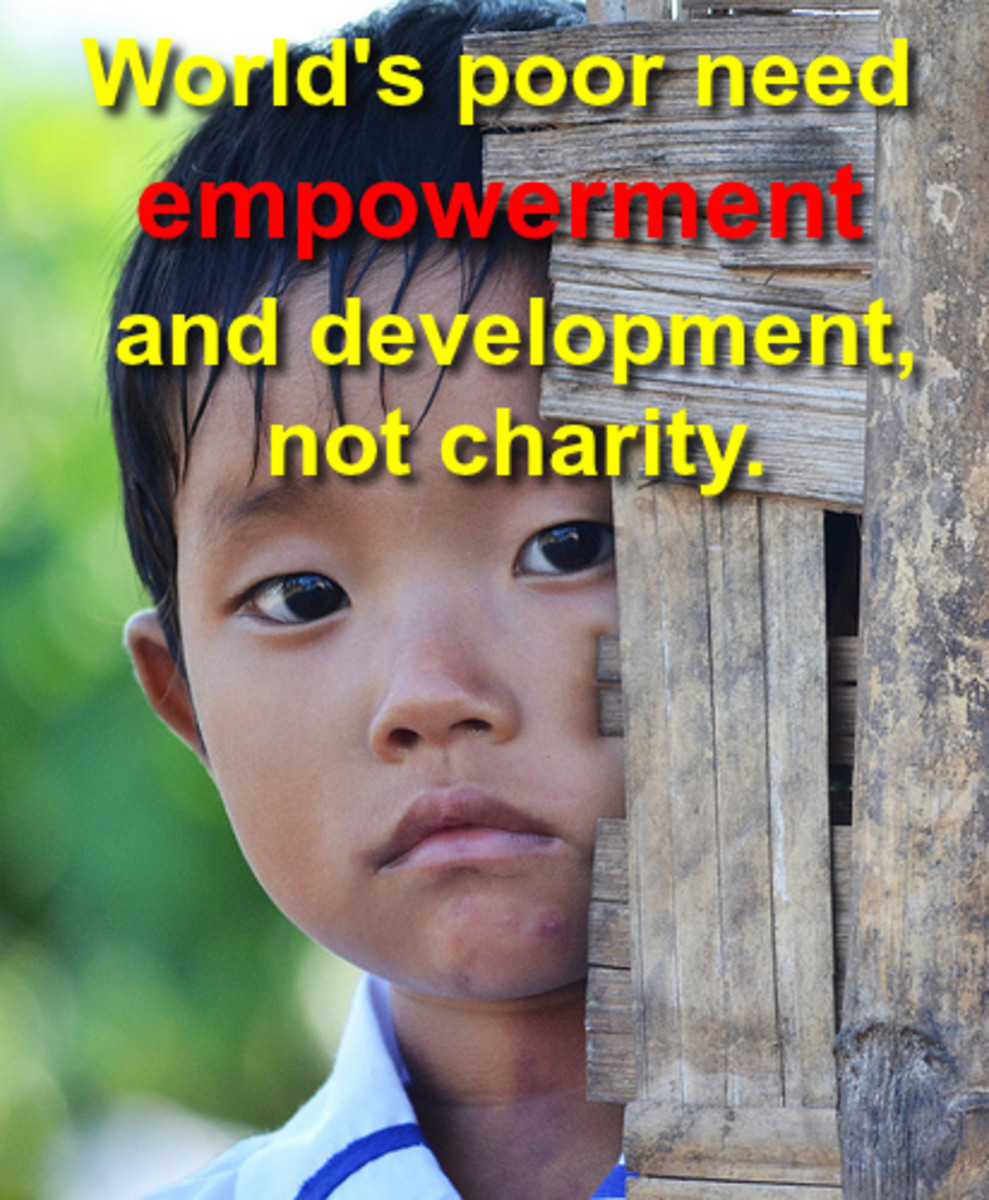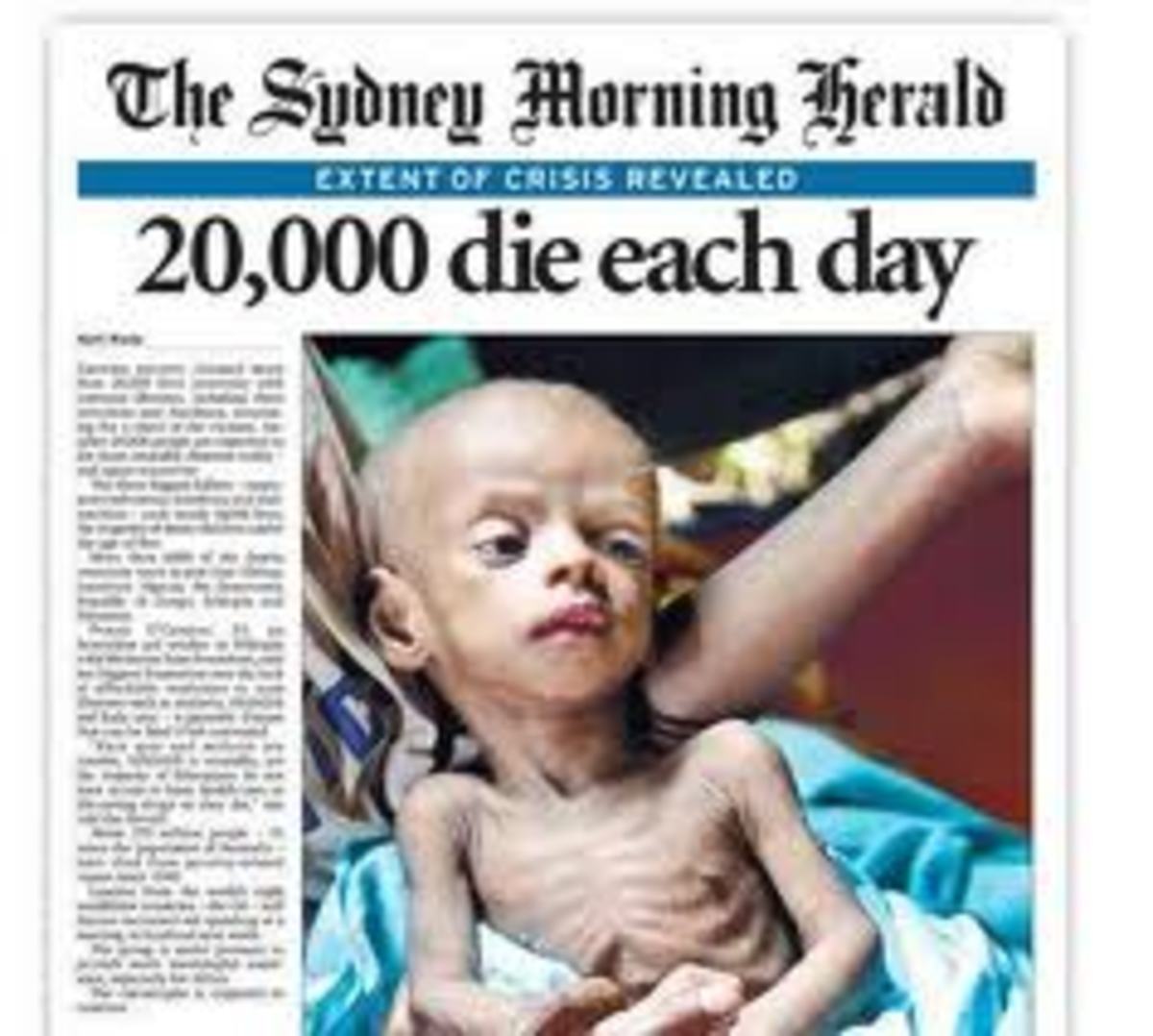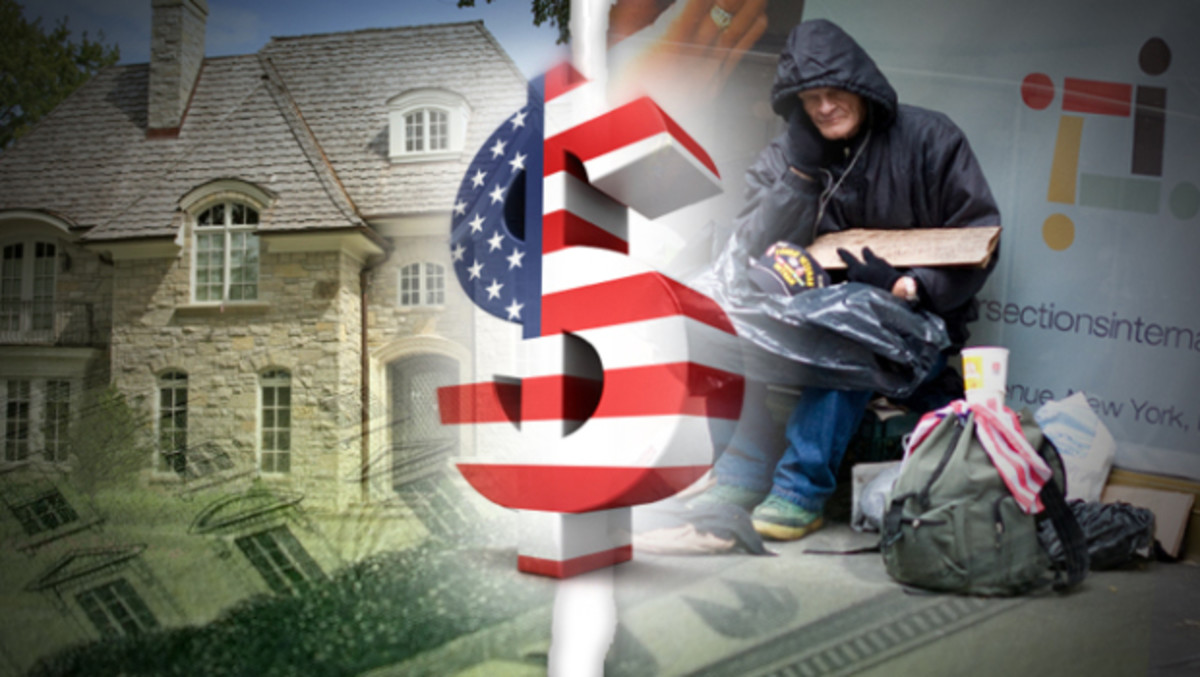Turning Business into "Agent of Change" In The Lives of Poor
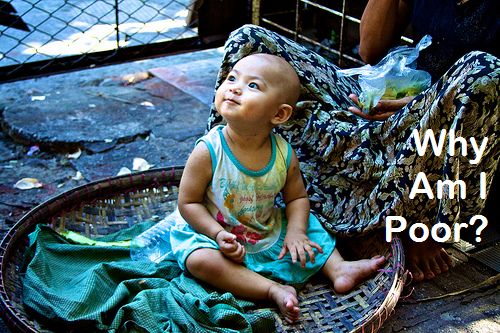
Poverty is Not a Human Way of Life
Poverty is a global problem, although it is more glaring in the world outside the Western hemisphere. It is weird that even the richest country US that can wage endless multi trillion dollar wars has plenty of poverty and homelessness. Given the abundance of natural as well as man made wealth poverty should not exist. But over half a billion people survive within $1.90-a-day; they have been labelled “extremely poor” by the World Bank. On the threshold like $3-a-day, several billion people would get the privilege of having the "poor" tag! Poverty persists today because it has been taken as 'normal' and 'unavoidable' by development planners around the world.
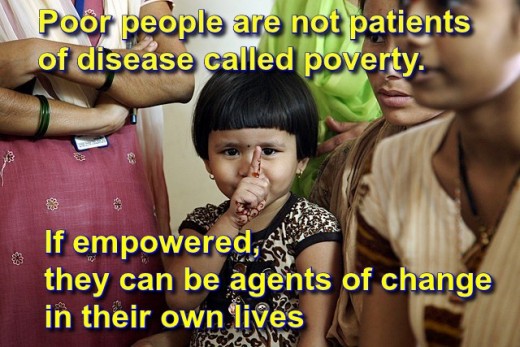
Rising Income Inequality should be a Global Concern
Today just 1% of the humanity owns more wealth than what is owned by rest of the 99%. This gap is increasing with time. It is a widely known fact that GDP growth only concentrates wealth in the hands of the rich and the poor stay where they are - in poverty! While the global leaders remain ever obsessed with economy; eliminating rising inequality is not their concern. They are happy spending billions and trillions on military research and killing machines but when it comes to poverty or climate change their pockets go empty and brains stop functioning.
Unjust Rules of the Business World
If poverty has not disappeared from the rich West despite their awe inspiring accumulation of wealth during the colonial period and massive industrialization, only one conclusion can be drawn – unjust rules of their capital markets.
Clearly, capitalism as practiced today evades the poor because its rules are set in favour of the rich – people with capital. The popular shareholder capitalism works to create wealth only for those who put money in the business – to the exclusion of everyone else, even the employees who must be paid the least to generate maximum profit. This possessive capitalism has created its own rules that make a few rich richer and the rest stay where they are.
The only role poor people have in today’s economic setup is as labor force – cheap labor force, to be more precise – because it makes the products of companies cheap and increase their profitability. In this sense having poverty helps the business owners; without cheap labor their products and services will not be competitive.
As businesses grow bigger they begin to influence governments to create policies in their favour. As a result common and poor people suffer. Even the traditional business wisdom of creating sustainable wealth for the future has little relevance. Today, the focus is on short term profits, this immediate maximization of profits overshadows long term wealth creation. As a result, we see an ugly race for immediate profit in the business world as if there is no tomorrow. And, ironically, they are right – climate change and global warming are staring at the face!
As a result, although capitalism is responsible for brilliant innovations and prosperity in the lives of people in societies where it flourished (North America and Western Europe), it has failed to touch the lives of the vast majority of humanity that survives below just 2-3 dollars a day. Some time ago Bill Gates suggested refining current capitalism to give it a more human face.
What do you think?
Will Capitalists and Corporate World Ever Address the Problem of Global Poverty?
Providing Sustainable Services to the Poor
Business Rules can be Changed to Favor the Poor
All the skills of the business world can be easily applied to achieve social goals rather than maximizing monetary profits for a few rich elites. This is the idea behind using business as tool to eliminate poverty. The current “profit maximizing” business enterprise see the poor as mere cheap labor resource. It pays them the least and evades government rules that require additional benefits in order to maximize its profits.
This stereotype can be changed and it is quite possible for a business enterprise to have goal other than “profit maximization.” It can adopt the goal of “maximizing social impact.” Such a “social business” entity will still be earning profit to cover its costs, and if possible, generate a small surplus to grow the business. Its owners would limit themselves to recovering only their initial investment but continue to run the business so that it has the maximum impact on its targeted social cause. A social business is not a charity; it is a non-loss and non-dividend company with a social objective.
Such a social enterprise, however, would operate like any other business entity except that its goal is to serve some social cause. This, for example, could be related to health, education, sanitation, environmental, etc. Some common areas where social businesses can intervene are medical services for the poor, constructing houses for the low income groups, education centers for the poor, low cost nutritional food supplements for the poor, and so on.
Clearly, only a special group of people passionate about social issues and helping people can run a social business successfully. Investors of a social business come with a philanthropic heart, not with profit motives.
Given the will and enthusiastic entrepreneurs, there are numerous ways in which social businesses can serve the social causes. They can coexist with the usual business enterprises that strive to maximize their profits. There is no conflict, the two types of business entities can work towards their separate goals independently.
“Social Businesses” are Better Than Charities
Philanthropy, charity and welfare is fine for short term problems or emergencies but they are rarely designed for permanent eradication of poverty. A charitable dollar can be used only once, but a dollar invested in a self-sustaining social business is recycled endlessly. Since they operate on self generated profits they don’t have to consider the wishes and idiosyncrasies of the donors, and work with focus.
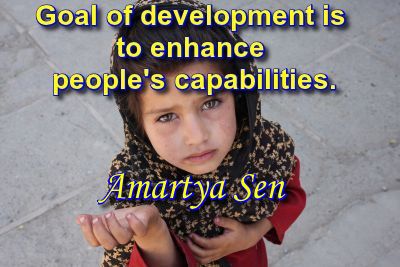
Social Entrepreneurship
The Poor Can Themselves Eliminate Poverty, If They Are Allowed To!!
This is the bold assertion of Bangladeshi Nobel Peace Prize Winner Professor Muhammad Yunus and founder of the Grameen Bank which has become almost synonymous with the idea of microcredit throughout the world. He certainly has reasons for the confidence in his assertion. He has worked extensively throughout his life with poor people. He knows that they are not devoid of abilities and potential; what is missing is the environment and system to channelize their enterprise.
The Poor are “Credit Worthy”
It is ironic that the banking and financial sector excludes those who need money the most – the poor. Throughout the world banks serve only those who are already rich and shirk those who lack it.
It is precisely here that Dr Yunus wanted to make a difference – by extending credit to the poor so that they can setup small businesses and grow on their strength. This idea also appeals from a humanitarian angle: it is more dignified to have a personal business that produces moderate income than chasing wages at the terms dictated by others. An additional advantage of personal business is that it also absorbs family members that helps both in operation and expansion.
Professor Yunus popularized microcredit as an effective anti- poverty tool across the world. Through these small, collateral-free loans with a nearly 100 percent return rate millions of borrowers – mostly women – have been able to harness entrepreneurial abilities inherent in them.
Examples of Social Businesses
The Grameen Bank founded by Prof. Yunus is an ideal example of a social business that seeks to maximize the benefits of the borrowers and is owned by them.
The Grameen Danone Foods is another well known example of social business. It manufactures nutrient-rich, fortified yogurt in small local plants that minimize the need for expensive refrigeration and transportation so that it can be sold at a low price to improve the diets of rural children in Bangladesh.
By investing in this venture, Groupe Danone helps eliminate malnutrition in Bangladesh - a more sustainable alternative than merely donating money or yogurt. It is a beautiful role model for other large companies to follow instead of taking the charity route.
Social Entrepreneurship
Doing Well By Doing Good!
When we move beyond traditional orthodoxy, the poor become “credit worthy” and business can also exist for purposes other than maximizing profits of the investors!
The urge to do good exists in all human-beings, alongside the self-interest. It can be harnessed and combined with the ingenuity of the capitalism and human enterprise to help the world's poor become self-supported. There are plenty of capable people in the world who are highly motivated to solve social problems; we need to provide them the environment so that they can make the world a better place for the poor humanity.
Capitalism is a time tested tool to help entrepreneurs. Even the poor can be motivated to turn into entrepreneurs and take care of their own lives. They are “bankable” as prof Yunus has already proved. What is required is to sustain and grow the initiative of social businesses and social enterprises alongside helping the poor start microenterprises through microcredit.


